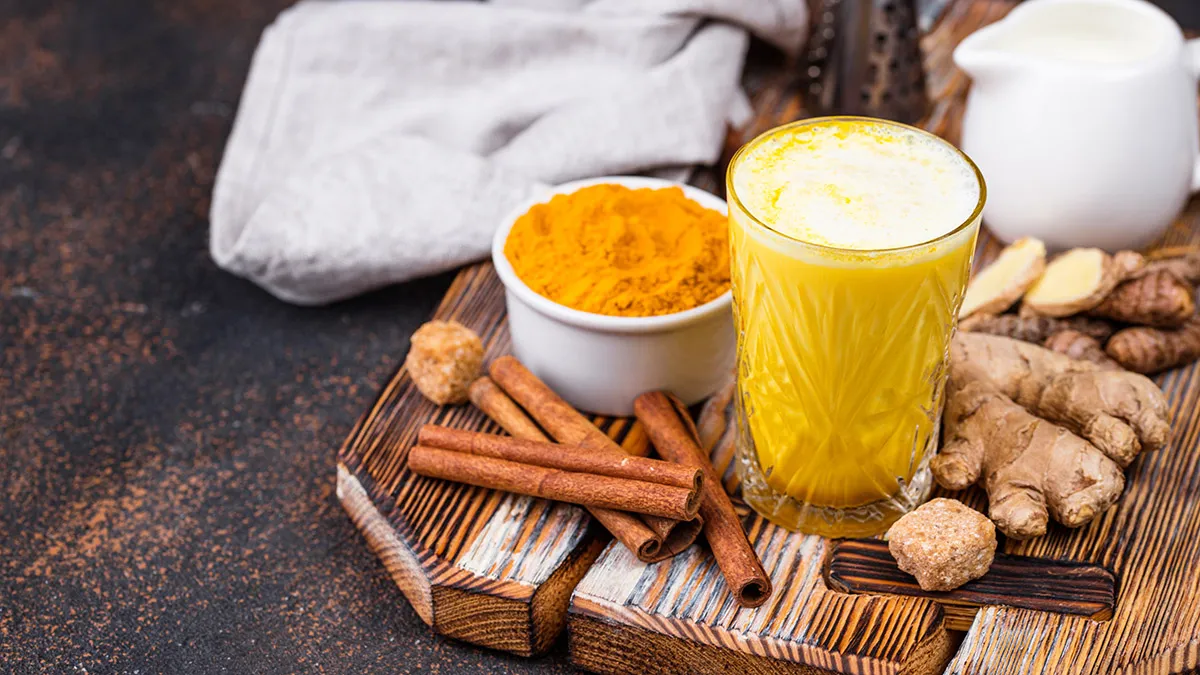Seventy-five percent of women suffer from one or more of the symptoms associated with premenstrual syndrome (PMS), according to Dr. Mark Hyman, the Director of Cleveland Clinic’s Center for Functional Medicine. Symptoms include food cravings (particularly sugar), headaches, mood swings, bloating, depression, anxiety, breast tenderness, and disrupted sleep patterns. Most of us just accept it, many of us even pass on the dreaded legacy to our daughters as just “part of being a woman.” And drug companies would like for us to believe that in many cases, this female “flaw” requires medical treatment—over-the-counter or prescriptions in more extreme cases— to live more normally and/or comfortably. We women simply need to understand what’s happening during our cycles and how different lifestyle and nutrition choices during these trigger times, can help us cope far better.
The Annals of Endocrinology published a study suggesting that these premenstrual cravings are a result of fluctuations in hormone levels, particularly estrogen, progesterone and cortisol. These fluctuations are known to affect serotonin levels and activity. If cortisol is high and serotonin is low, you’ll seek carbs and fats. When serotonin levels are low just prior to menstruation, the brain sends signals causing us to crave sweet or starchy carbohydrates. When we eat these carb-heavy foods, serotonin and dopamine levels spike, improving our mood and overall sense of being. (These are research findings of the Proceedings of the National Academy of Sciences and study at MIT.) The brain will basically drain us until we feed the craving.
So toss out the Twinkies; resist the urge to grab the cookies or cake. Pushing extra water during your cycle can really help reduce these cravings, especially when you use the electrolytes water. the added magnesium can be very beneficial during this time of the month! It’s not just the obvious sweets either. Most of us also crave starchy carbs too, like bread, cereal, pasta, potatoes, chips, crackers, pretzels, etc. So stock up on fruits, brown rice, quinoa, and oats. Some healthy snacks include vegetables and hummus, guacamole, sugar snap peas, protein bars, kale and coconut chips. Pickles, Italian mix giardiniera, pickled okra, jerky, nuts, and popcorn are good too—just be aware of portions. Remember to snack smart!
When we’re getting other important nutrients, our cravings (as well as other PMS symptoms) can be better kept at bay. Many of us build up and have excess hormones, so having a diet rich in fiber, drinking plenty of water, and exercising are key in flushing these extra hormones.
Great sources of fiber are vegetables (especially green leafy), beans, lentils, and seeds. The bonus is that all of these contain key nutrients needed to balance hormones, like calcium, zinc, magnesium, Vitamins B6 and E. Broccoli and cauliflower are very effective in removing excess estrogen; however, for some of us, they can contribute to bloating, which is another PMS symptom many of us battle. Alcohol is not just important to avoid because of the sugars. It also affects the liver and can impede its function of excreting excess estrogen.
If you’re feeling sluggish already, and then you find your sleep disrupted as well, you may be tempted to kick up the caffeine. Don’t do it. Caffeine not only aids in dehydration, it also promotes hormonal imbalance. It’s also important to include sufficient protein (e.g. meat, fish, eggs, and nuts).
Any physical activity that gets your heart rate up will help increase serotonin levels and lower cortisol levels, In addition, getting your sweat on will help get rid of water and reduce bloating, plus improve your overall mood and hunger levels! Even doing active recovery active such as yoga and meditation can really help balance out these hormones triggering these cravings!
PMS and cravings can be a monthly struggle for some people. But if you if you have a good game plan in place and are working on a healthy lifestyle in general, these monthly symptoms can be controlled so much easier! So daily focus on good water intake, whole food nutrition and increased activity to set yourself up for success!
Another benefit to the weight loss, increased muscle mass, and better sleep my clients achieve through the LEAN program, is better PMS management/decreased symptoms. Since most of the dietary recommendations align, and we’re exercising, hopefully this will be another side effect you enjoy, if you struggle with PMS.





